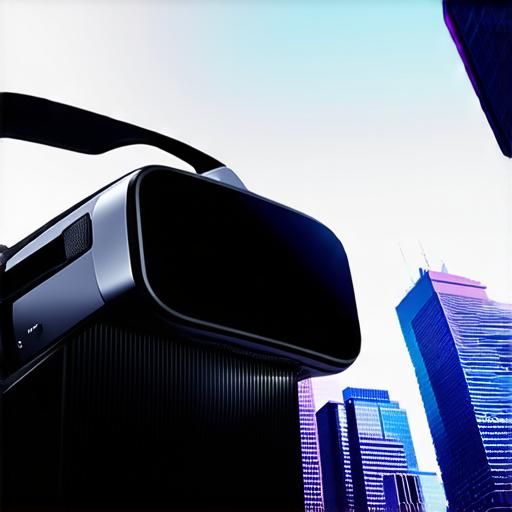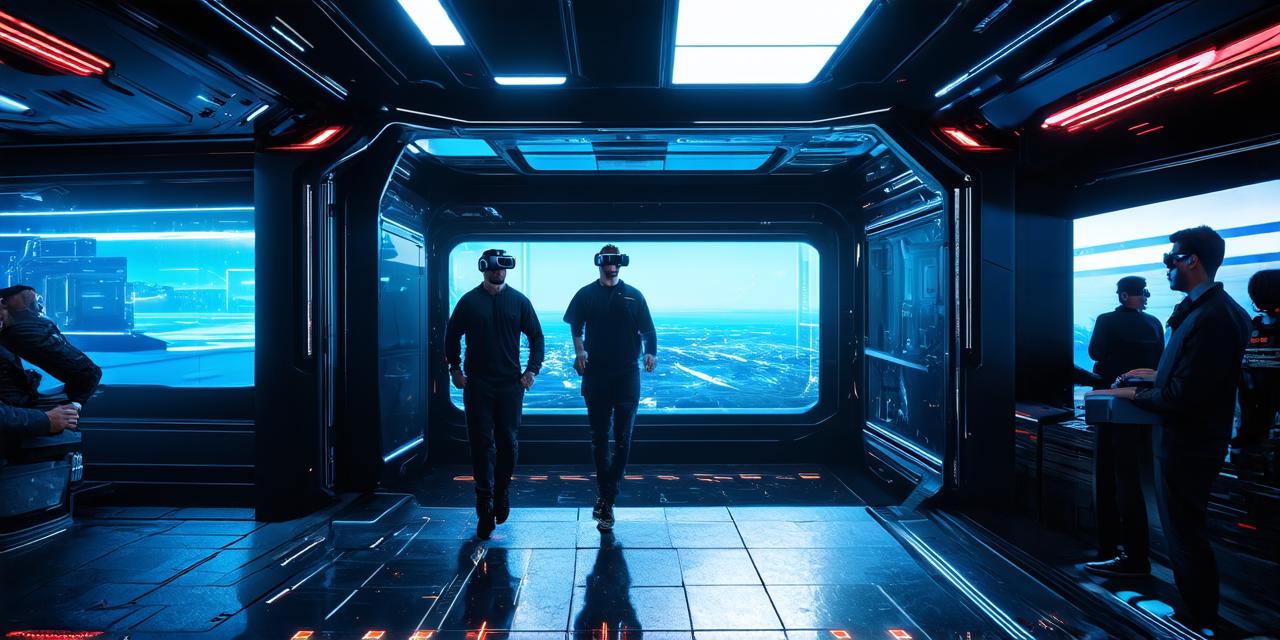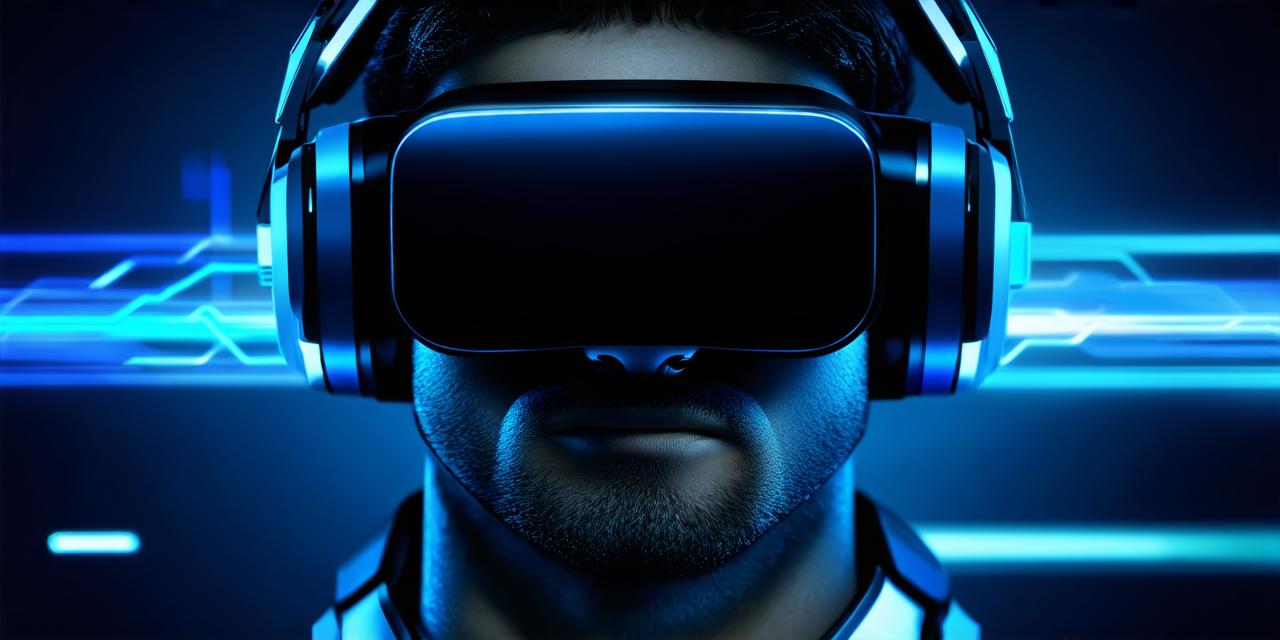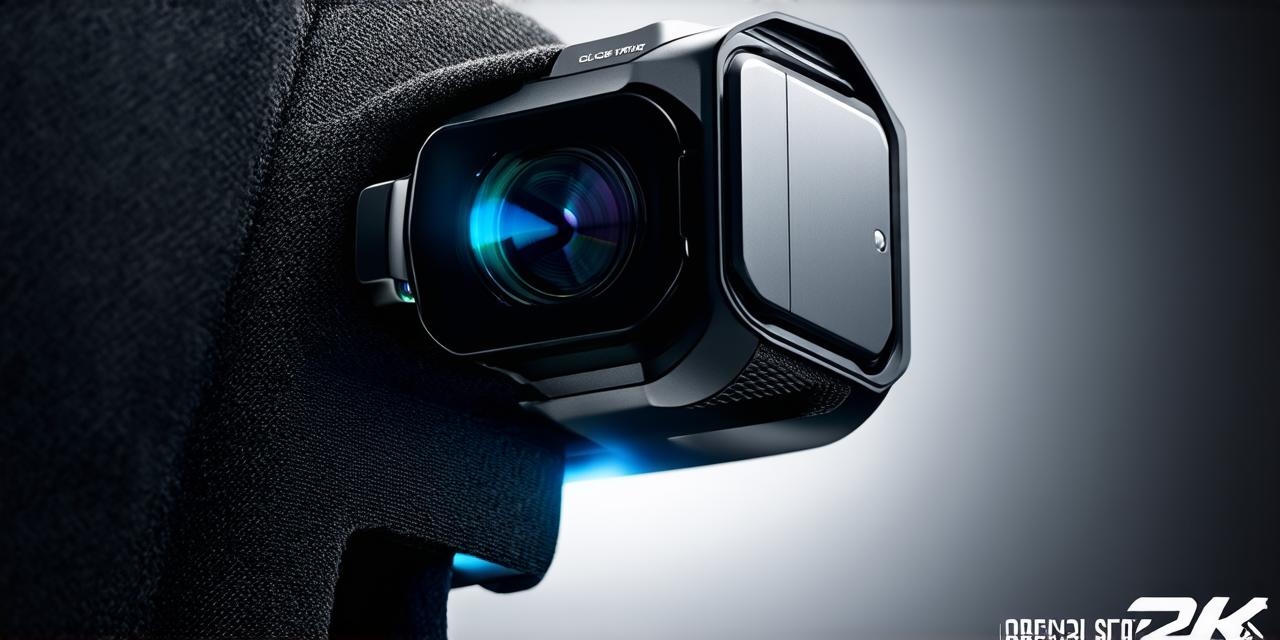Virtual reality (VR) is a technology that allows users to experience a simulated environment in a completely immersive way. This means that they can interact with objects and people within the virtual world as if they were real, without the constraints of physical limitations or the need for specialized equipment.
Gaming: The Most Obvious Application of Virtual Reality
Virtual reality has revolutionized the way people play games. With VR headsets and controllers, users can now step into a fully immersive game world, where they can interact with characters and objects as if they were real.
This technology has made it possible to create incredibly realistic gaming experiences, such as flying through a city or exploring ancient ruins.
Education: A New Way of Learning
Virtual reality is also being used in education to provide students with a more engaging and interactive learning experience. With VR headsets and specialized software, students can take virtual field trips to historical sites or explore scientific concepts in a way that was previously impossible.
This technology has the potential to make learning more fun and accessible, especially for subjects that are difficult to teach in traditional classroom settings.
Healthcare: Improving Patient Outcomes
Virtual reality is being used in healthcare to improve patient outcomes and reduce the need for expensive medical procedures. For example, VR can be used to simulate surgical procedures, allowing doctors to practice and perfect their techniques before performing the actual operation.
This can reduce the risk of complications and improve patient outcomes. VR can also be used to help patients cope with chronic pain or anxiety by creating a virtual environment that distracts them from their condition.
Tourism: Exploring the World Without Leaving Your House
Virtual reality has made it possible for people to explore the world without ever leaving their homes. With VR headsets and specialized software, users can take virtual tours of museums, historical sites, and natural wonders.
This technology has the potential to make travel more accessible and affordable, especially for people who are unable to physically visit these places.
Conclusion: Virtual Reality is Changing the World
Virtual reality is a rapidly evolving technology that is changing the way we live and work. From gaming to education, healthcare, and tourism, virtual reality has the potential to revolutionize the way we experience the world around us.

As this technology continues to improve, we can expect to see even more innovative applications emerge in the future.



